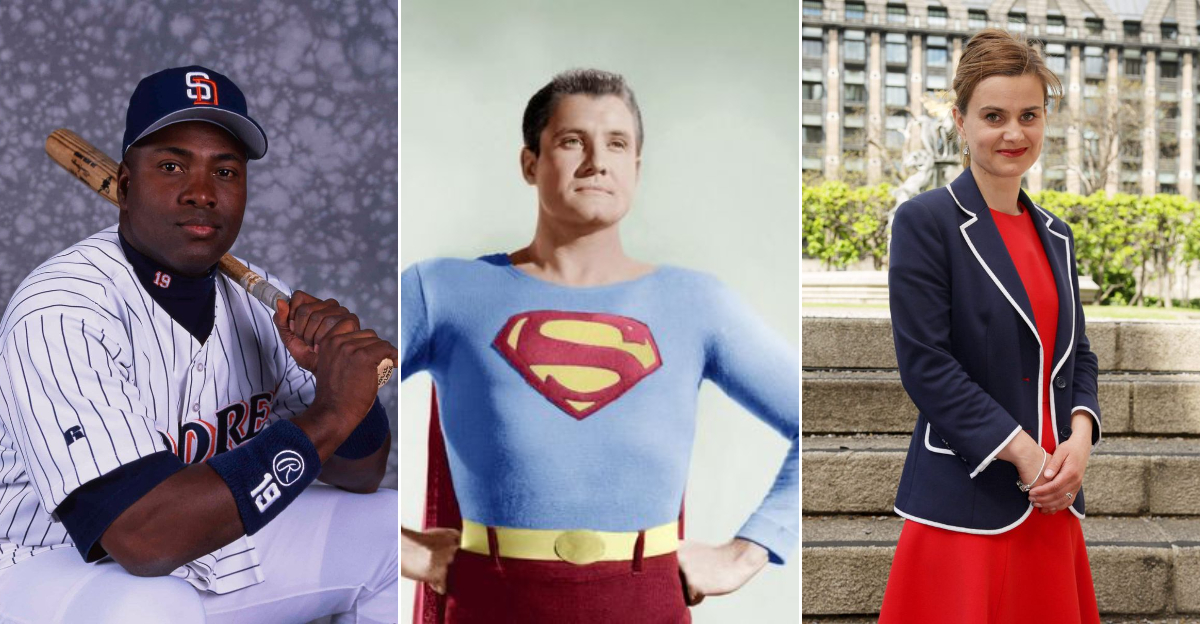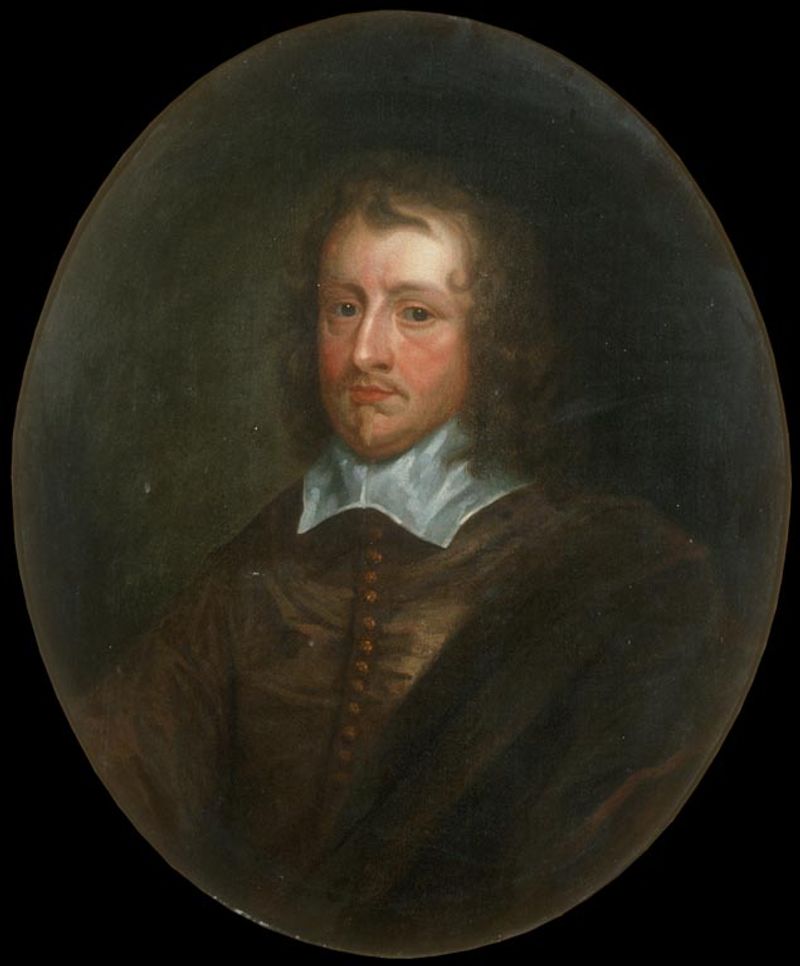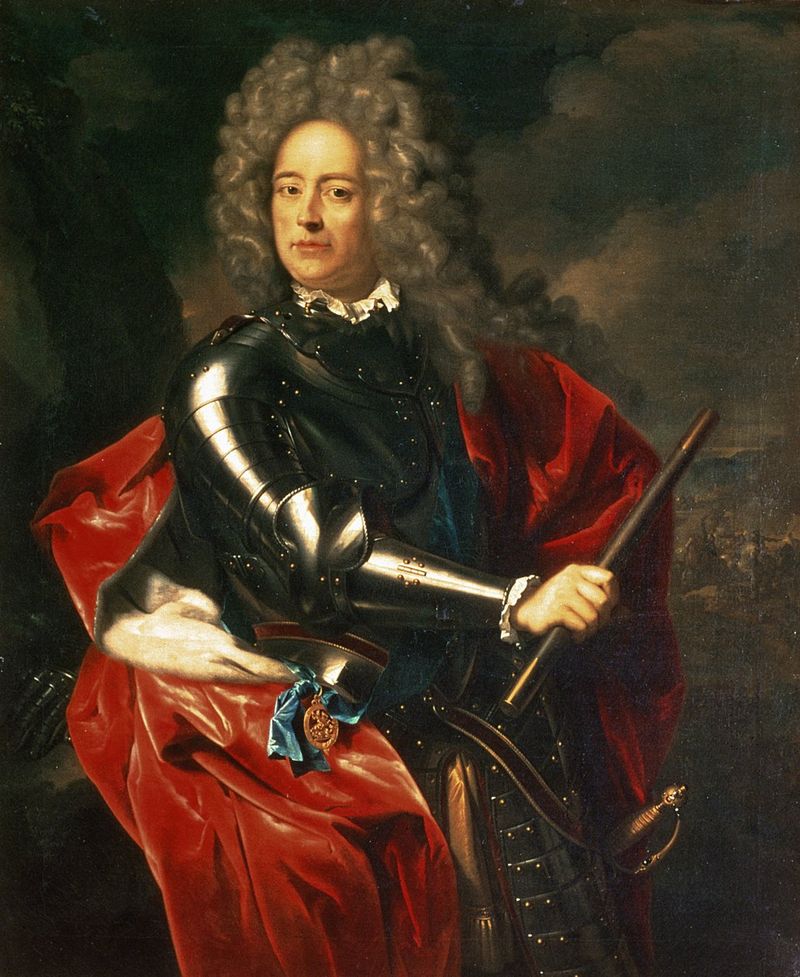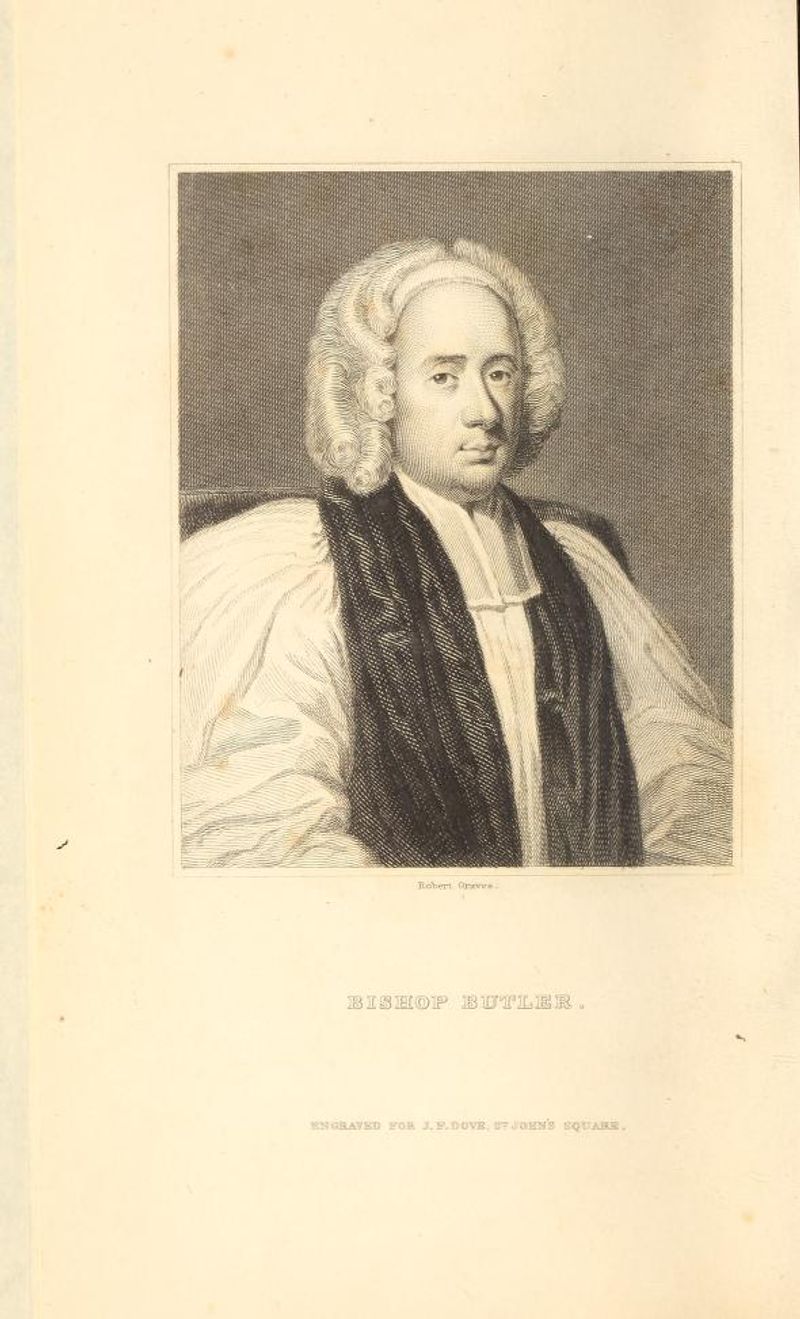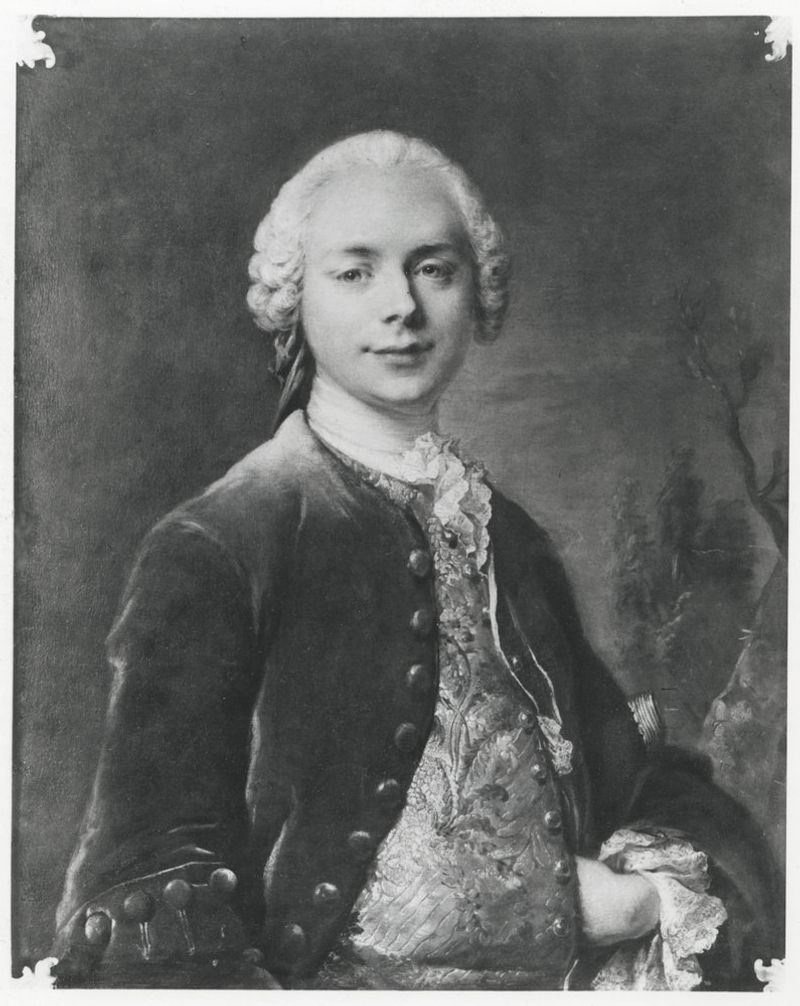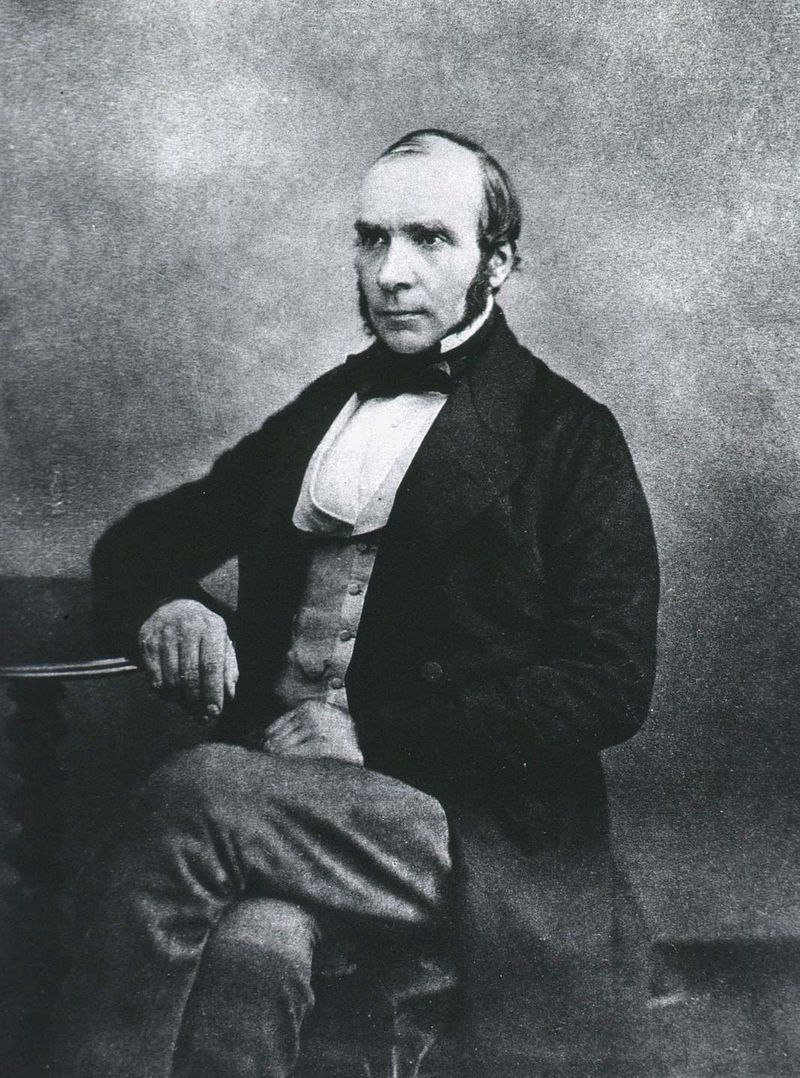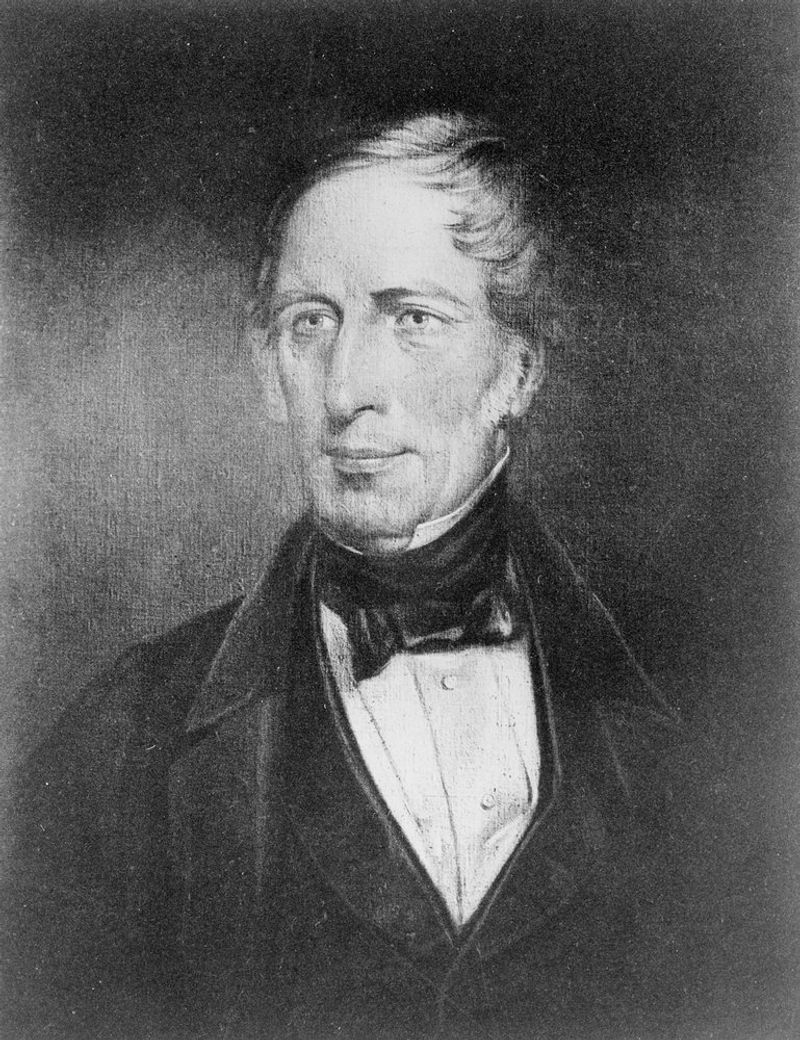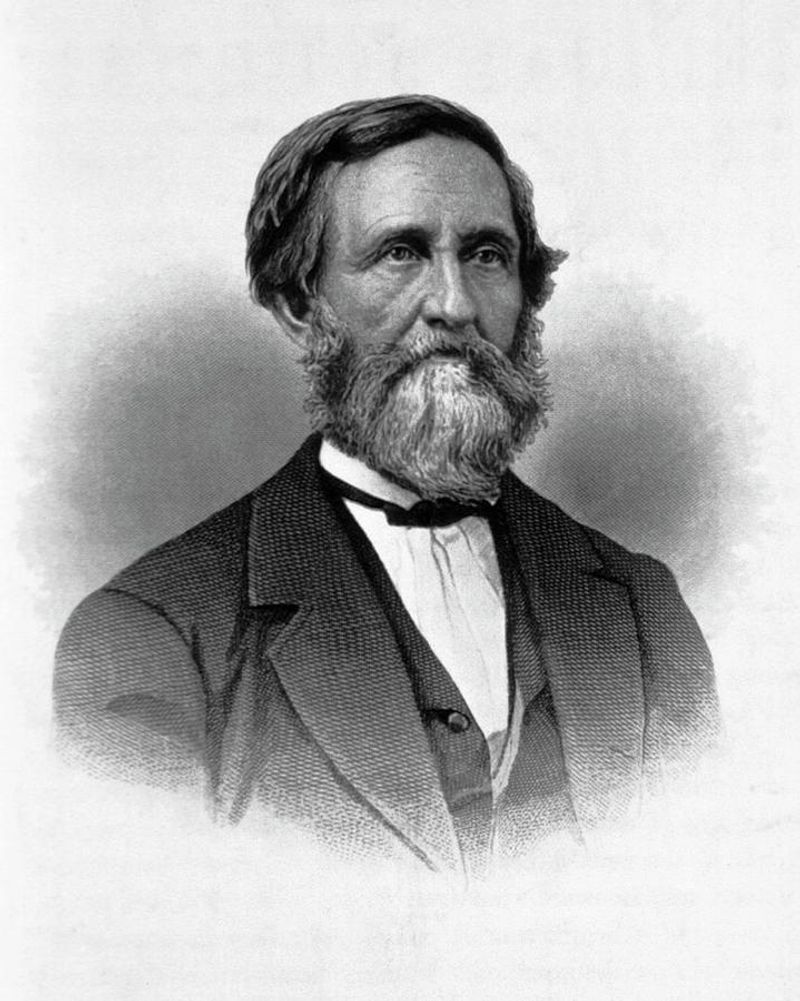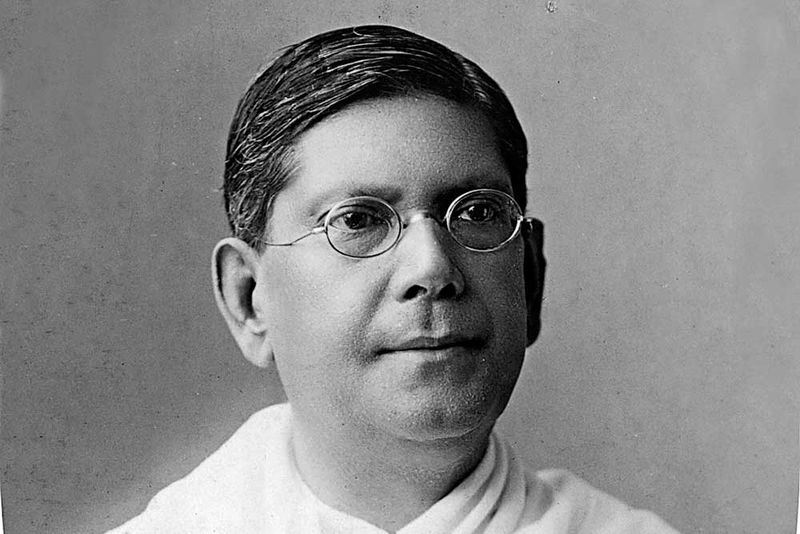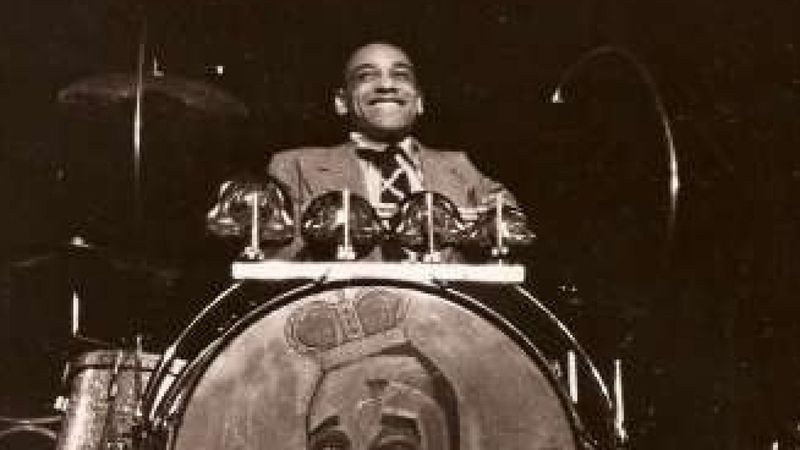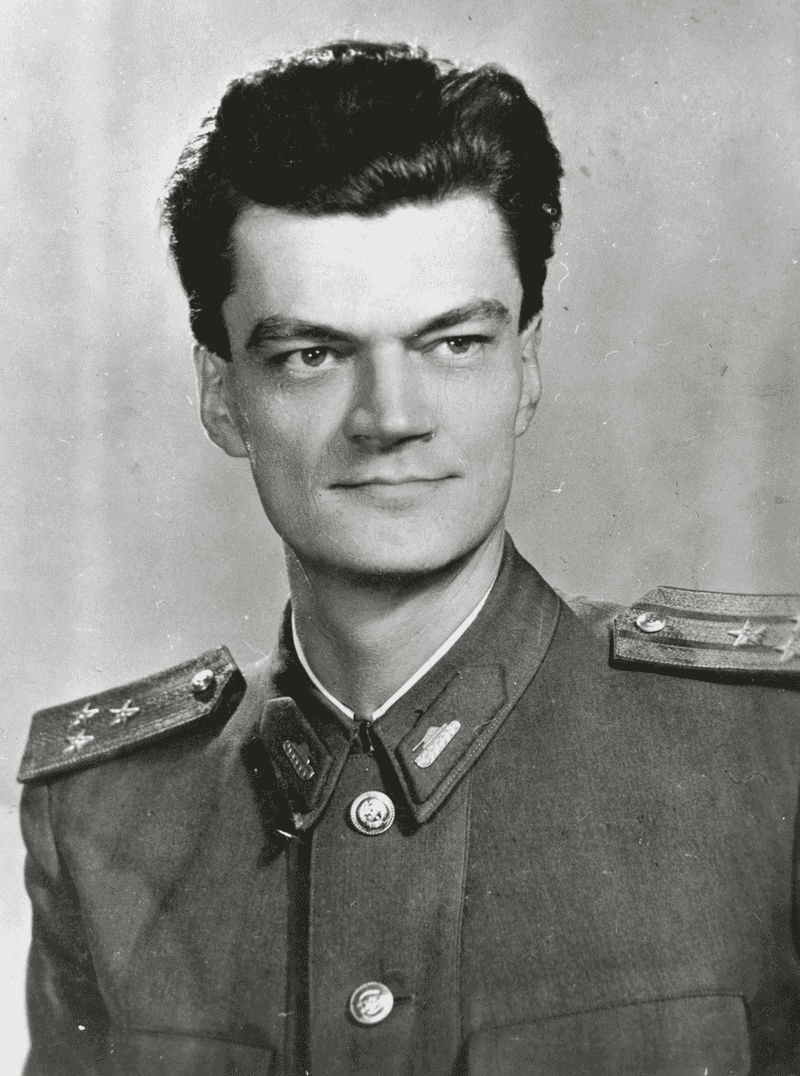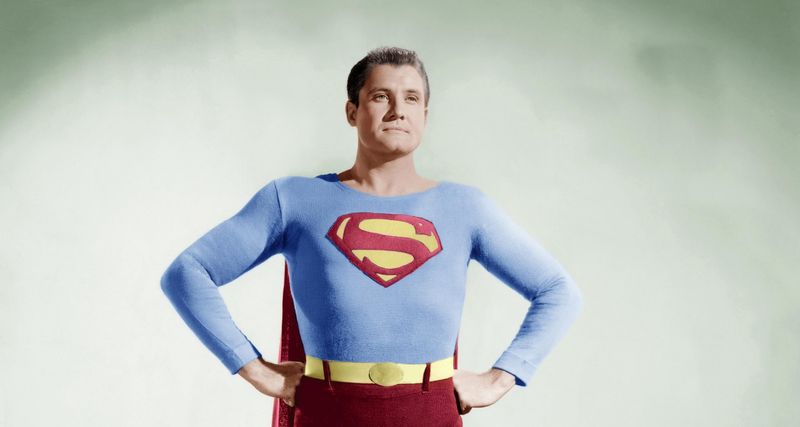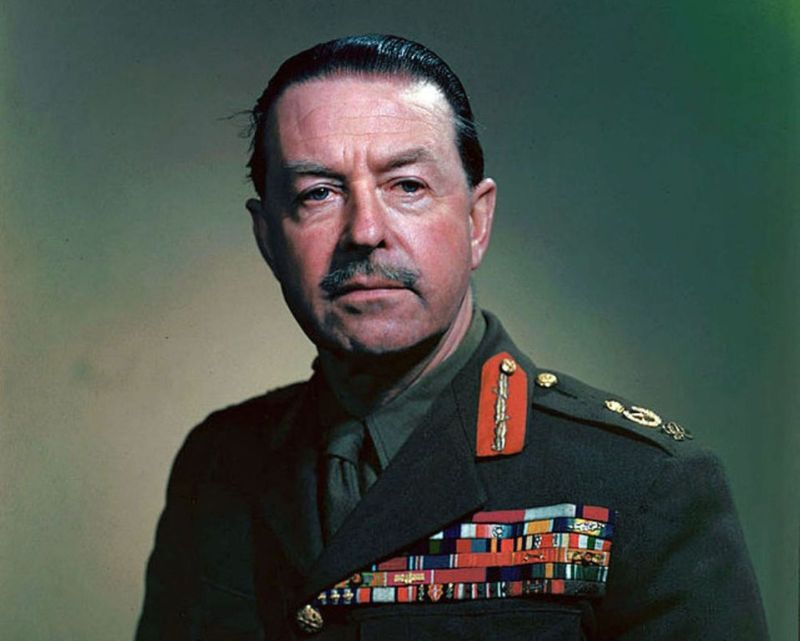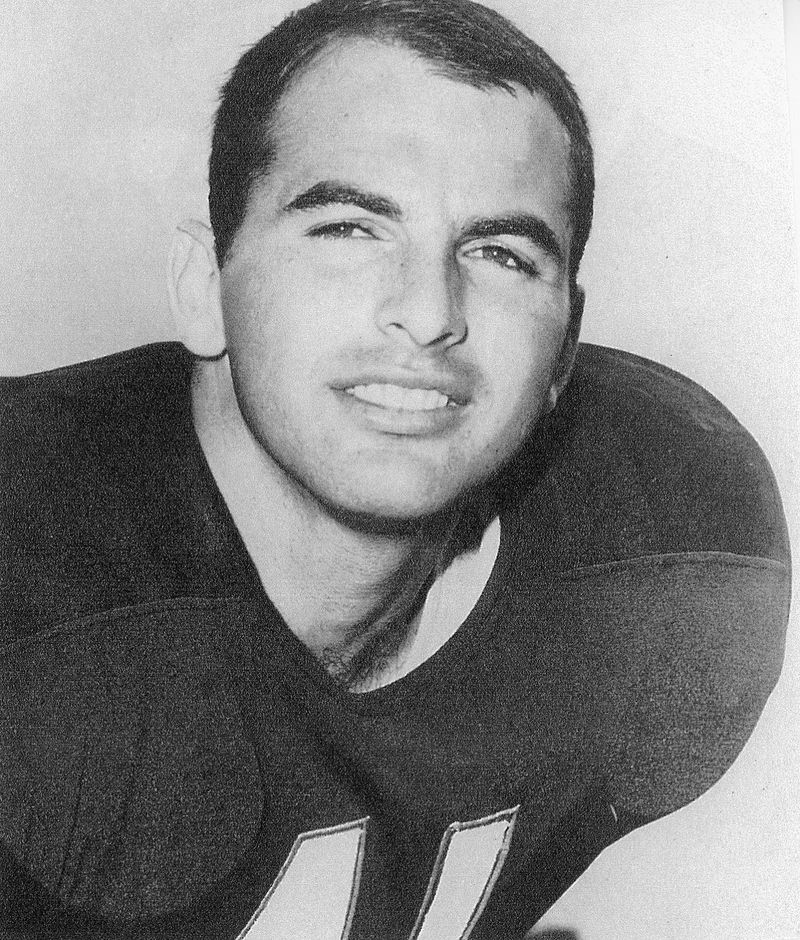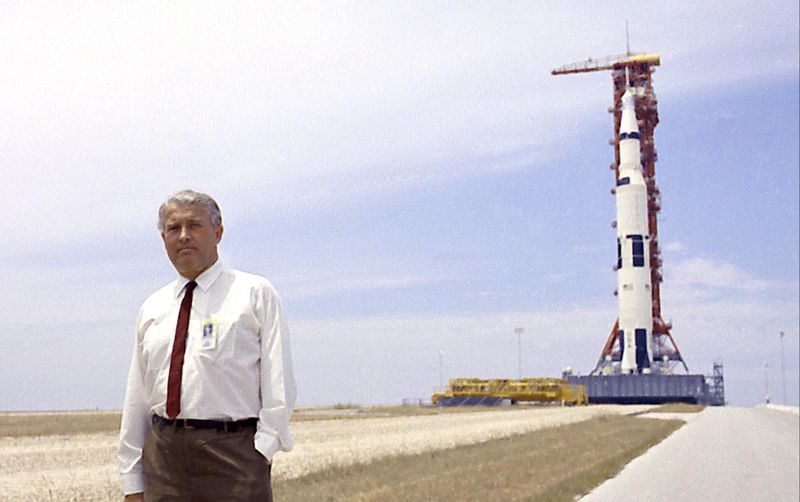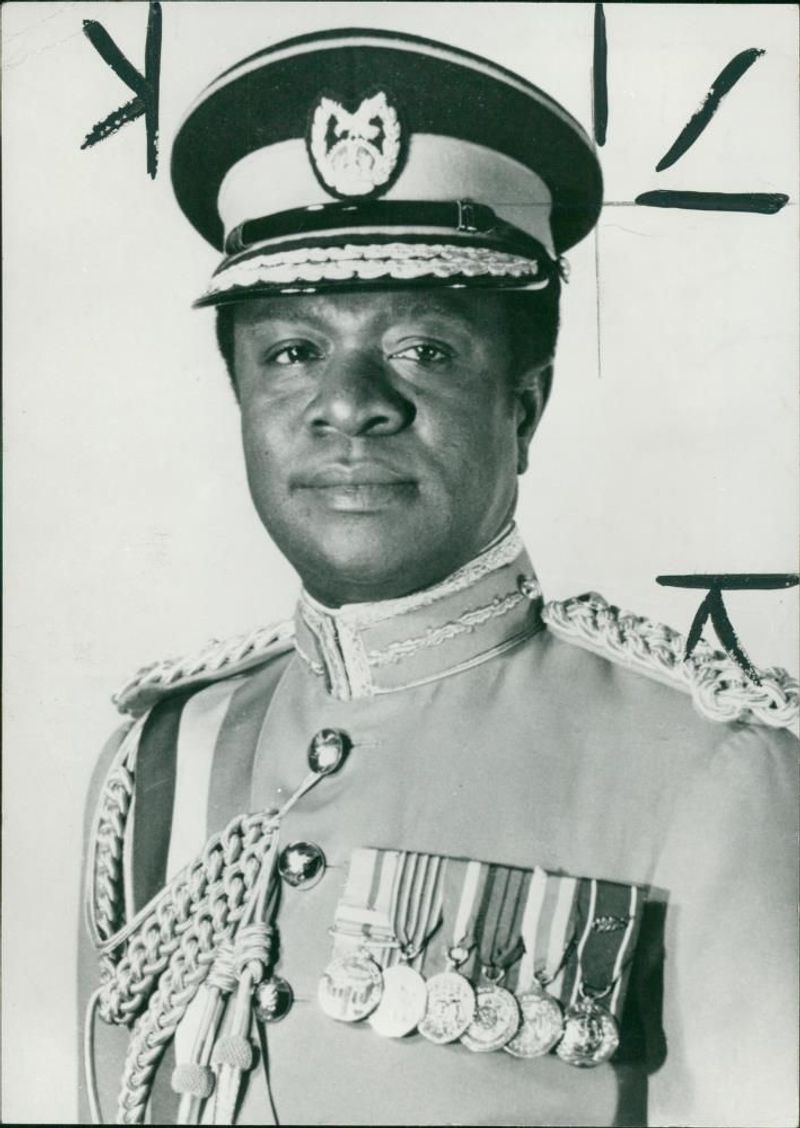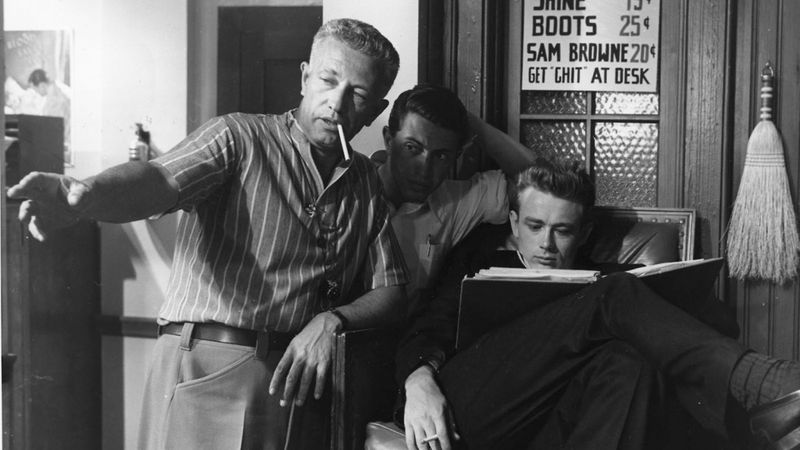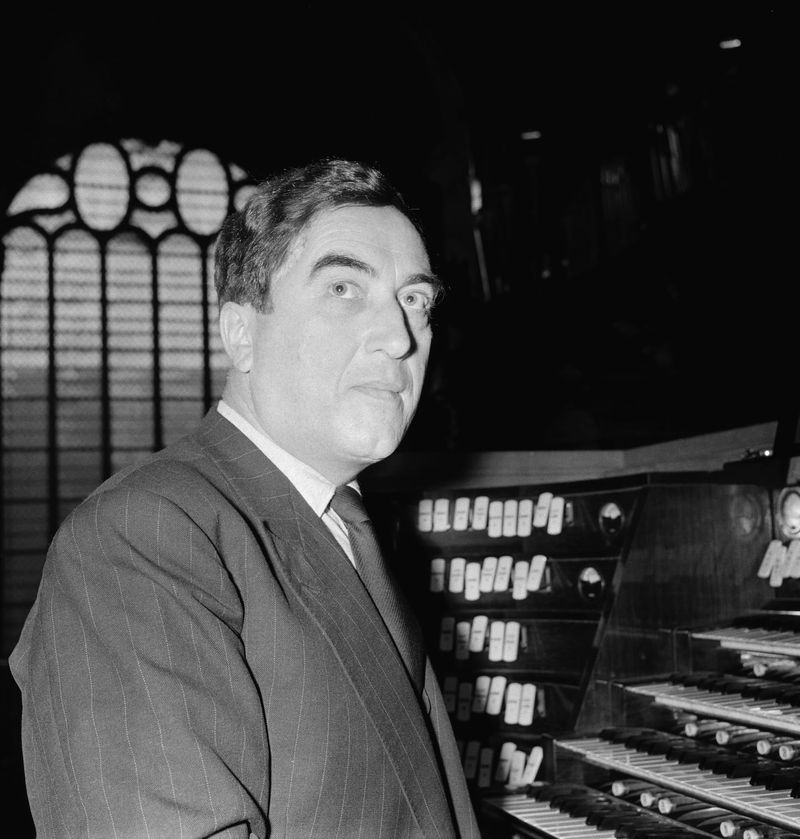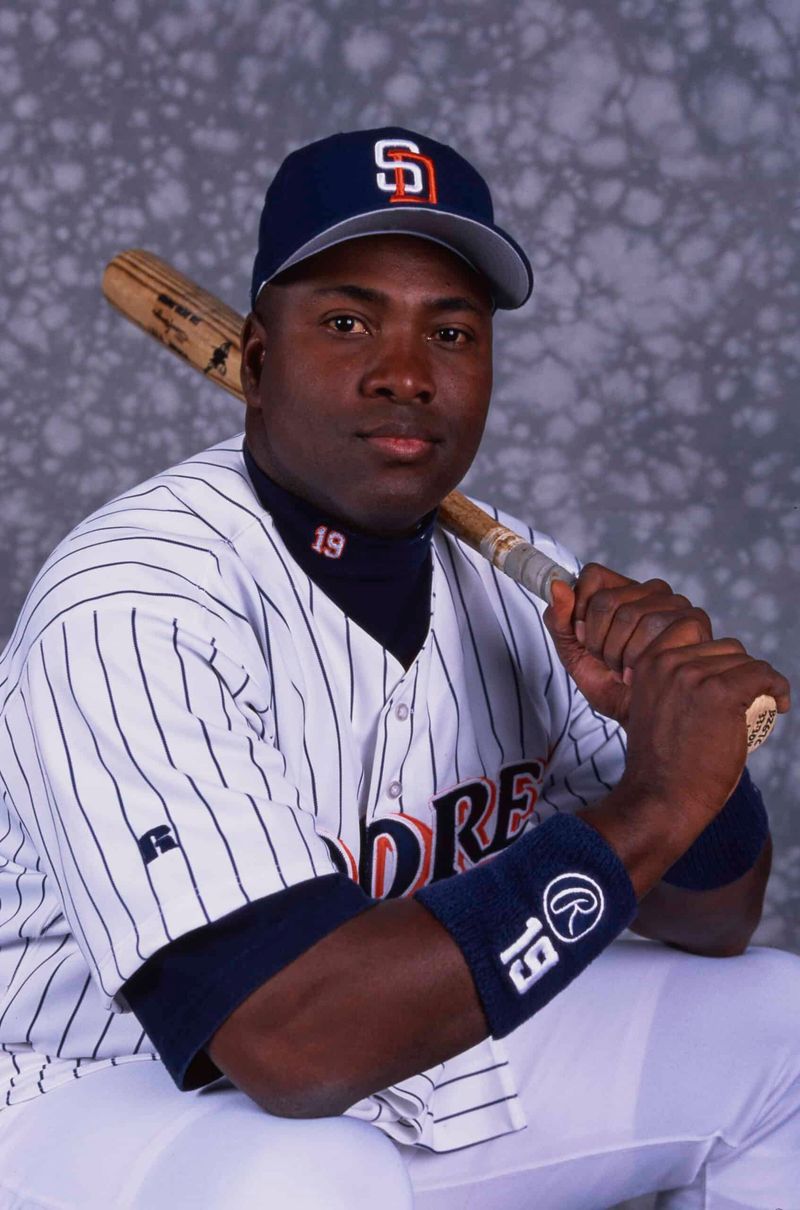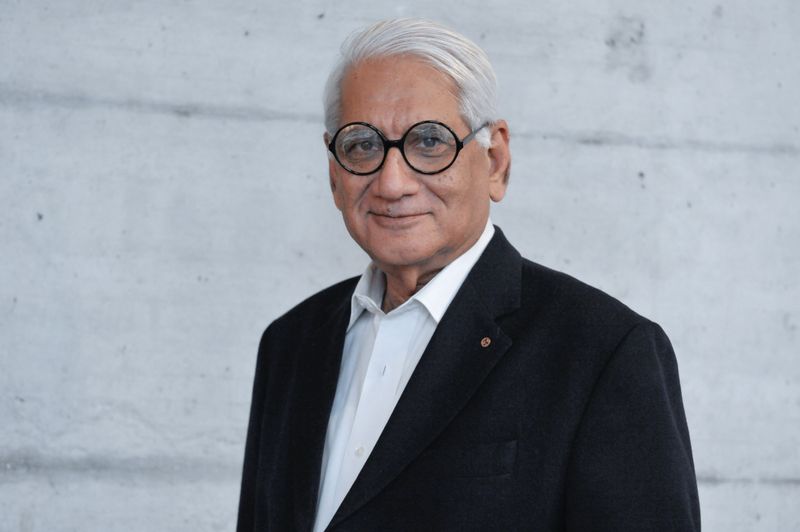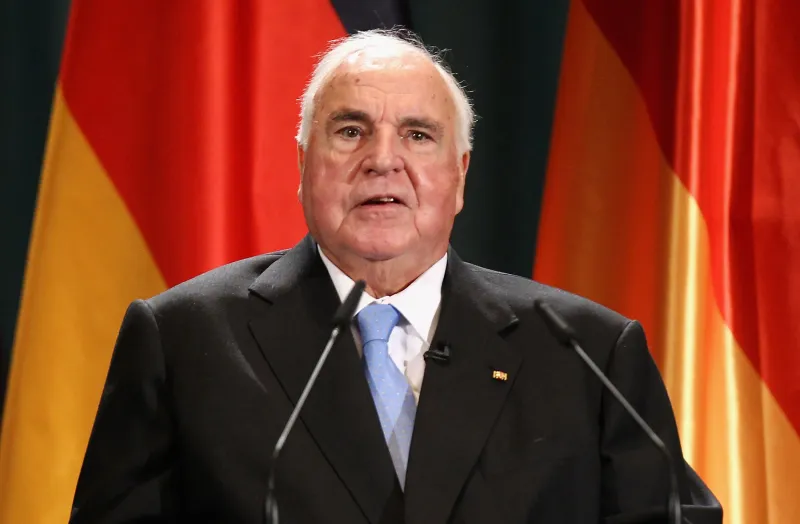June 16th is a date marked by the loss of numerous significant figures across various fields. From statesmen and philosophers to musicians and athletes, these individuals left an indelible mark on history. This blog post explores the lives and contributions of 24 legends who passed away on this fateful day.
1. Sir Richard Fanshawe, English diplomat & poet, 1666
Sir Richard Fanshawe was a distinguished diplomat and poet in 17th-century England. Renowned for his translations of Spanish works, he also served as an ambassador to Spain. Fanshawe’s literary contributions were celebrated, blending poetic flair with diplomatic insight. His writings reflected the cultural exchanges of his time. Despite the turbulent political landscape, Fanshawe navigated his roles with grace and skill. His death in 1666 was a significant loss to both literature and diplomacy. Fanshawe’s life embodied the rich tapestry of cultural and political interplay in his era.
2. John Churchill (1st Duke of Marlborough), British general & statesman, 1722
John Churchill, the 1st Duke of Marlborough, was a masterful military strategist and statesman. His victories during the War of Spanish Succession cemented his legacy as one of Britain’s greatest generals. Churchill’s leadership style was marked by his meticulous planning and decisive actions. He was not only a soldier but also a skilled diplomat, navigating the complexities of European alliances. His passing in 1722 left a lasting impact on British military history. Churchill’s life was a blend of military genius and diplomatic acumen, shaping the course of British and European history.
3. Joseph Butler, Anglican bishop & philosopher, 1752
Joseph Butler, an influential Anglican bishop and philosopher, is best known for his works on ethics and religion. His book ‘The Analogy of Religion’ remains a significant theological text. Butler’s philosophical inquiries explored the nature of human actions and morality. His eloquence in addressing complex religious issues earned him a revered place among theologians. Despite facing criticism, Butler’s ideas continued to influence both religious and philosophical circles. His death in 1752 marked the end of a profound intellectual journey. Butler’s contributions remain integral to the discourse on ethics and religion.
4. Jean-Baptiste-Louis Gresset, French poet & dramatist, 1777
Jean-Baptiste-Louis Gresset was a celebrated French poet and dramatist, known for his wit and satirical works. His poem ‘Vert-Vert’ gained immense popularity for its humorous portrayal of a parrot’s adventures. Gresset’s plays often challenged societal norms, reflecting the intellectual currents of the Enlightenment. His creative genius extended beyond literature, influencing French theater. Gresset’s death in 1777 was a loss to the literary world. His works continue to be appreciated for their clever wordplay and insightful commentary. Gresset’s legacy is a testament to the enduring power of satire and wit.
5. John Snow, British physician & epidemiologist, 1858
John Snow, a pioneering British physician, is revered as one of the founders of modern epidemiology. His groundbreaking work during the cholera outbreak in London revolutionized public health. Snow’s methodical approach led to the identification of contaminated water sources as the cause of the epidemic. His efforts to map the outbreak were innovative for the time. Despite initial skepticism, Snow’s findings eventually transformed medical practices. His untimely death in 1858 cut short a promising career. Snow’s legacy lives on in the principles of disease prevention and epidemiological study that he pioneered.
6. Charles Sturt, British explorer of Australia, 1869
Charles Sturt was a remarkable British explorer whose expeditions unveiled the mysteries of Australia’s interior. Known for his resilience and determination, Sturt led several expeditions into uncharted territories. His quest to find an inland sea, although unsuccessful, contributed significantly to the mapping of Australia. Sturt’s explorations were fraught with challenges, including harsh climates and treacherous landscapes. His death in 1869 marked the end of an era of exploration. Sturt’s legacy is celebrated in the geographical discoveries that opened up Australia’s vast landscapes to the world.
7. Crawford Long, American surgeon & anesthesia pioneer, 1878
Crawford Long, an American surgeon, is celebrated for his pioneering use of ether as an anesthetic. His groundbreaking work transformed surgical practices by introducing pain-free operations. Long’s innovative spirit led to new possibilities in medicine, making surgeries more humane. Despite initial resistance, his contributions eventually gained recognition. Long’s patient-centered approach marked a significant shift in medical history. His passing in 1878 was a loss to the medical community. Long’s legacy is a cornerstone in the evolution of anesthesiology, impacting countless lives by alleviating the suffering of surgical patients.
8. Chittaranjan Das, Indian freedom fighter & lawyer, 1925
Chittaranjan Das, affectionately known as ‘Deshbandhu,’ was a prominent figure in India’s struggle for independence. As a lawyer, his defense of nationalist leaders became legendary. Das’s passionate speeches inspired many to join the freedom movement. His leadership extended beyond politics, impacting social reforms as well. Despite health challenges, Das remained dedicated to the cause until his death in 1925. His legacy is honored in the annals of Indian history. Das’s life was a testament to his unwavering commitment to justice and equality. His contributions to India’s independence are celebrated to this day.
9. Chick Webb, American jazz drummer & bandleader, 1939
Chick Webb was a dynamic force in the world of jazz music. Despite being physically small, his talent was monumental. Webb’s drumming skills and charismatic leadership brought his band to prominence in the 1930s. Known for his innovative rhythms, he was a pioneer in the swing era. Webb’s collaboration with a young Ella Fitzgerald marked a golden period for the band. His life, though short-lived, left an indelible mark on music. Webb’s passing in 1939 was a profound loss to the jazz community. His legacy continues to influence drummers and musicians worldwide.
10. Marc Bloch, French historian & Resistance hero, 1944
Marc Bloch was a distinguished French historian whose work reshaped historical scholarship. His commitment to the Annales School of history promoted interdisciplinary studies. Bloch’s dedication extended beyond academia, as he actively participated in the French Resistance during World War II. Despite the risks, he remained steadfast in his fight against tyranny. Bloch’s arrest and execution in 1944 were a tragic loss for both history and humanity. His writings, focused on social history, continue to inspire scholars. Bloch’s courage and intellect remain an enduring legacy, celebrated for both his historical and resistance efforts.
11. Pál Maléter, Hungarian military leader, 1958
Pál Maléter was a courageous Hungarian military leader known for his role in the 1956 Hungarian Revolution. His leadership during the uprising against Soviet control was marked by bravery and strategic acumen. Maléter’s defection to the revolutionaries was a significant turning point. Despite facing insurmountable odds, he remained committed to the cause of freedom. His capture and execution in 1958 were a devastating blow to the movement. Maléter’s legacy is honored in Hungary as a symbol of resistance and hope. His life exemplified the struggle for independence and the fight against oppression.
12. George Reeves, American actor (“Superman”), 1959
George Reeves, best known for his portrayal of Superman, became an iconic figure in American pop culture. His role in the 1950s television series brought the superhero to life for countless fans. Reeves’s charismatic presence and heroic demeanor captured the imagination of a generation. Despite his on-screen success, he faced personal struggles. His untimely death in 1959 remains shrouded in mystery, sparking various theories and discussions. Reeves’s legacy lives on in the enduring popularity of Superman. His contribution to the entertainment industry is remembered as a defining moment in television history.
13. Harold Alexander (Earl Alexander of Tunis), British field marshal & governor-general, 1970
Harold Alexander, the Earl Alexander of Tunis, was a distinguished British field marshal. His leadership during World War II was instrumental in the Allied victories in North Africa and Italy. Alexander’s strategic brilliance earned him the respect of both allies and adversaries. Following the war, he served as the Governor-General of Canada, further showcasing his diplomatic skills. His passing in 1970 marked the end of a storied military and public service career. Alexander’s legacy is celebrated for his tactical genius and contributions to peace and stability. His life was a testament to service and leadership.
14. Brian Piccolo, American football player, 1971
Brian Piccolo was an inspiring American football player whose life story touched many hearts. Playing for the Chicago Bears, Piccolo’s determination and spirit were evident on the field. His friendship with teammate Gale Sayers became legendary, symbolizing unity and resilience. Piccolo’s battle with cancer, which he courageously fought, inspired the sports community. Despite his career being cut short, his impact was profound. His death in 1971 led to the creation of the Brian Piccolo Cancer Research Fund. Piccolo’s legacy endures in the hearts of those who admired his courage and love for the game.
15. Wernher von Braun, German-American rocket engineer, 1979
Wernher von Braun was a pioneering rocket engineer whose work propelled humanity into space exploration. His expertise was pivotal in the development of the V-2 rocket and later, NASA’s Saturn V rocket. Von Braun’s vision and engineering acumen were instrumental in landing humans on the moon. Despite controversies surrounding his past, his contributions to space science remain unparalleled. Von Braun’s legacy is celebrated in the advancements of aerospace technology. His death in 1979 marked the loss of a visionary whose dreams expanded the horizons of human potential. Von Braun’s impact continues to inspire space exploration.
16. Ignatius Kutu Acheampong, Ghanaian head of state, 1979
Ignatius Kutu Acheampong was a controversial figure in Ghana’s political history. As a military head of state, his tenure was marked by economic policies aimed at self-sufficiency. Acheampong’s leadership saw both progress and challenges, navigating the complexities of post-colonial governance. Despite his efforts, allegations of corruption marred his administration. His execution in 1979 following a coup was a dramatic end to his rule. Acheampong’s legacy is a subject of debate, reflecting the tumultuous era of his leadership. His life is remembered for its impact on Ghana’s socio-political landscape during a pivotal period.
17. Nicholas Ray, American film director (“Rebel Without a Cause”), 1981
Nicholas Ray was an innovative American film director known for his work on ‘Rebel Without a Cause.’ His films often explored themes of alienation and rebellion, resonating with audiences. Ray’s unique visual style and storytelling techniques influenced modern cinema. Despite personal struggles, he remained dedicated to his art. His collaboration with James Dean created a cultural phenomenon that endures to this day. Ray’s death in 1981 marked the loss of a cinematic visionary. His contributions to film are celebrated for their artistic depth and emotional resonance. Ray’s legacy continues to inspire filmmakers worldwide.
18. James Honeyman-Scott, English guitarist (The Pretenders), 1982
James Honeyman-Scott was a gifted English guitarist whose work with The Pretenders left a lasting impact on rock music. Known for his innovative guitar techniques, he brought a fresh sound to the band’s music. Honeyman-Scott’s creativity and talent were evident in hits like ‘Brass in Pocket.’ Despite his promising career, his life was tragically cut short. His death in 1982 was a significant loss to the music industry. Honeyman-Scott’s legacy is celebrated in the timeless tracks he helped create. His influence on guitarists and musicians remains profound, inspiring new generations of artists.
19. Maurice Duruflé, French composer & organist, 1987
Maurice Duruflé was a renowned French composer and organist, celebrated for his contribution to sacred music. His works, characterized by rich harmonies, continue to enchant audiences. Duruflé’s ‘Requiem’ is a masterpiece revered for its emotional depth. As an organist, his performances were highly acclaimed, blending technical skill with expressive artistry. Despite the challenges of World War II, Duruflé’s dedication to music remained unwavering. His passing in 1987 marked the end of an illustrious career. Duruflé’s legacy endures in the beauty and spirituality of his compositions, inspiring musicians and listeners alike.
20. Kristen Pfaff, American rock bassist (Hole), 1994
Kristen Pfaff was a talented American rock bassist known for her work with the band Hole. Her powerful bass lines contributed to the grunge sound that defined the 1990s. Pfaff’s musical talent and stage presence captivated audiences. Despite her rising stardom, she faced personal struggles. Pfaff’s untimely death in 1994 was a shock to the music community. Her legacy lives on in the raw energy of the tracks she recorded. Pfaff’s influence is celebrated in the enduring appeal of grunge music. Her contribution to rock remains significant, inspiring new generations of musicians.
21. Tony Gwynn, American baseball Hall-of-Famer, 2014
Tony Gwynn was a legendary American baseball player whose career with the San Diego Padres earned him a place in the Hall of Fame. Renowned for his exceptional batting skills, Gwynn was a master of the game. His dedication to baseball was evident in his consistent performance. Gwynn’s friendly demeanor and sportsmanship made him a beloved figure among fans and peers. Despite health challenges, he continued to inspire through his passion for the sport. His passing in 2014 was a significant loss to baseball. Gwynn’s legacy endures in the records he set and the lives he touched.
22. Charles Correa, Indian architect & urban-planning pioneer, 2015
Charles Correa was an illustrious Indian architect whose innovative designs transformed urban landscapes. Known for his sustainable and culturally resonant architecture, Correa’s work is celebrated globally. His projects, such as the Gandhi Smarak Sangrahalaya, reflect a deep understanding of Indian traditions and modern needs. Correa’s visionary approach extended beyond buildings, influencing urban planning and policy. Despite challenges, his dedication to creating meaningful spaces remained steadfast. His death in 2015 marked the loss of a pioneering architect. Correa’s legacy is honored in the harmonious blend of tradition and modernity in his creations.
23. Jo Cox, British MP & humanitarian, 2016
Jo Cox was a compassionate British MP known for her dedication to humanitarian causes. Her commitment to social justice and community well-being was unwavering. Cox’s work extended to advocating for refugees and marginalized groups. Her vibrant personality and passionate speeches inspired many. Despite her tragic assassination in 2016, her legacy continues to shine. Cox’s life was a beacon of hope and empathy, celebrated for her efforts to bridge divides. Her impact on politics and society is remembered as a call to action towards unity and compassion. Cox’s spirit lives on in the causes she championed.
24. Helmut Kohl, German chancellor & architect of reunification, 2017
Helmut Kohl was a pivotal German chancellor whose leadership was instrumental in the reunification of Germany. His vision and political acumen guided the country through a transformative period. Kohl’s efforts in the European Union’s formation further solidified his legacy. Despite facing challenges, his commitment to unity and democracy was steadfast. Kohl’s passing in 2017 marked the end of an era in German politics. His contributions are celebrated in the lasting peace and stability he helped foster. Kohl’s legacy is remembered in the harmonious blend of East and West Germany, a testament to his statesmanship.
